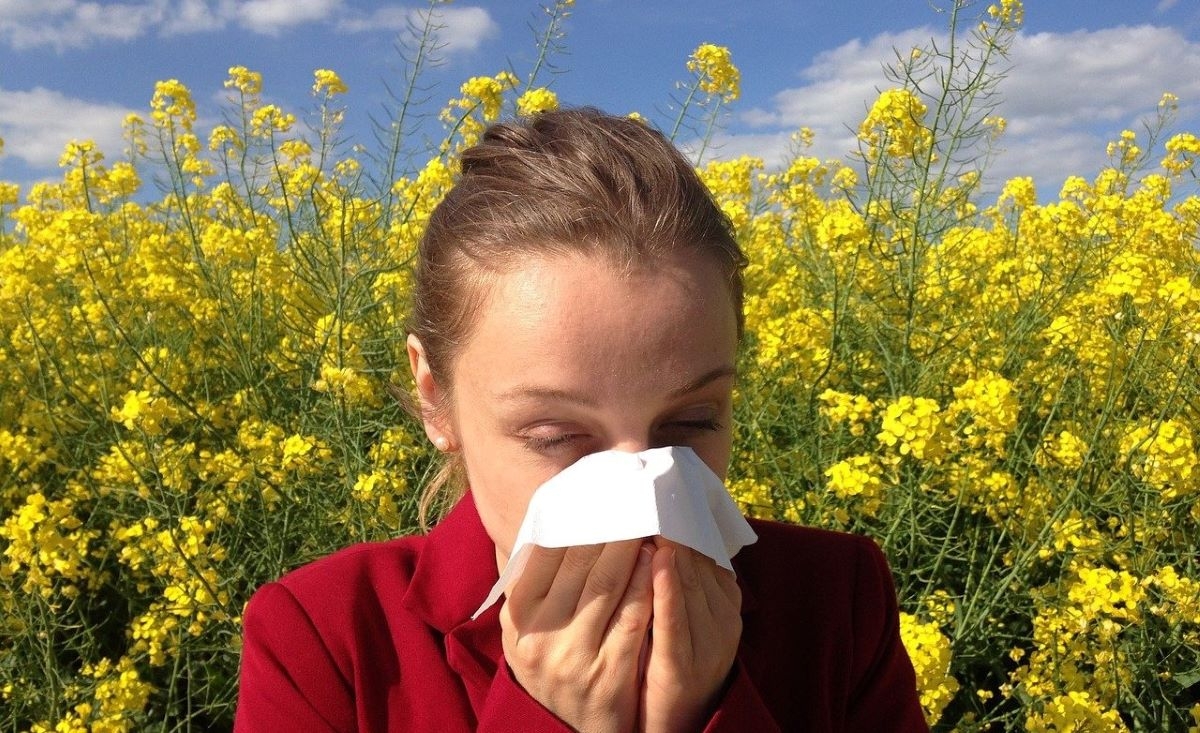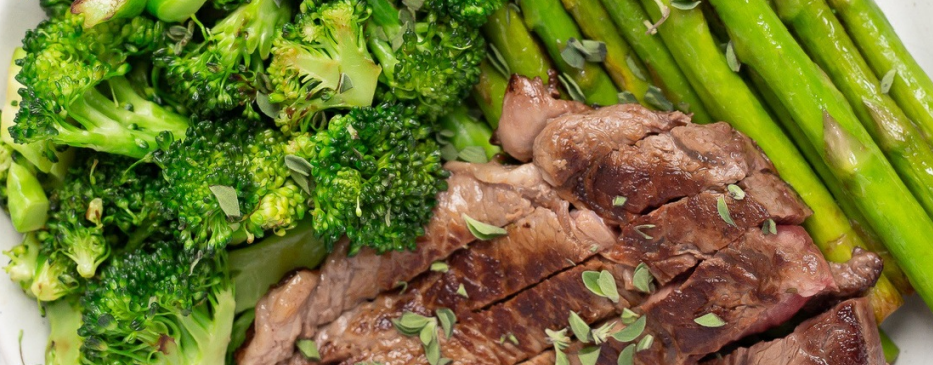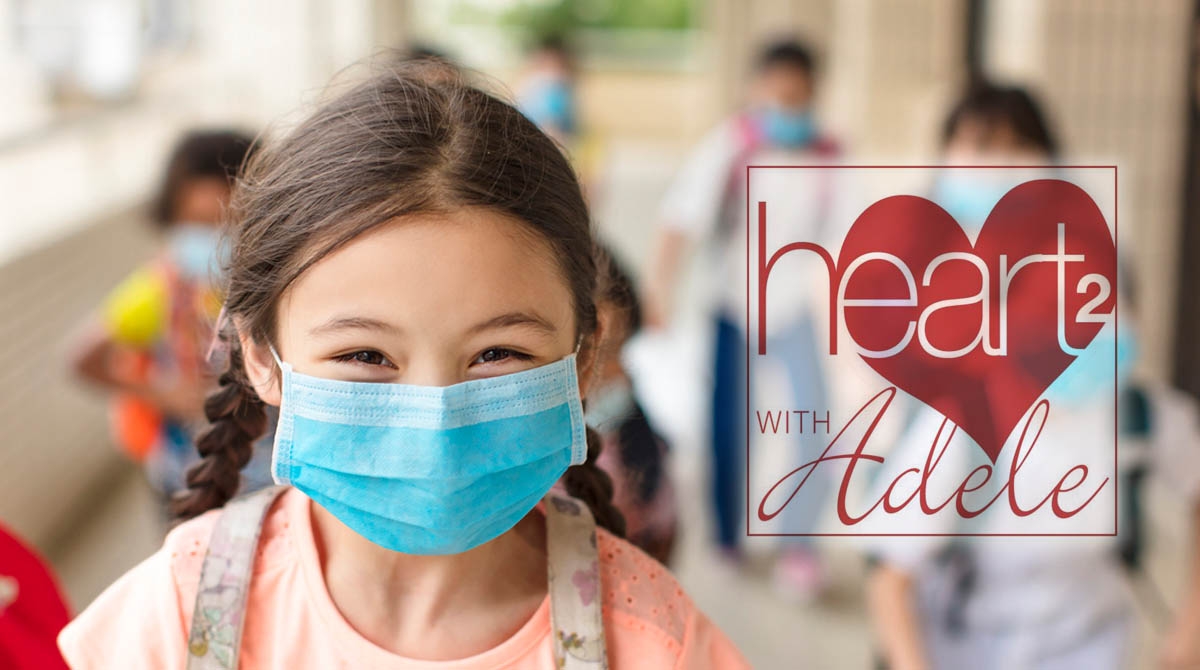
Simple nutritional tips to help manage your allergies
The weather is not as warm as we might like but the pollen is in the air and this causes a lot of discomfort for those who suffer from seasonal allergies. So, this week, I will be looking at what is an allergic response and the lifestyle and nutritional changes you can implement to help get you through the season, and enjoy it.
To help deal with the symptoms, it is important to understand the process behind it so that we can take the appropriate actions. When our body meets a foreign body such as a bacteria or virus, our immune system comes into action responding in various ways to ward off the threat, this often results in a fever, sweating, congestion, these are all defence mechanisms. However, when someone suffers from seasonal allergies, the immune system will perceive these harmless pollens as a threat and will springing into action by producing histamine, which is the chemical responsible for the itchy and watery eyes, congested nose, sneezing, and other cold-like symptoms that comes with seasonal allergies.
Therefore, the objective through the allergy season is to reduce the body’s production of histamine and reduce our exposure to pollens, which is easier said than done. However, certain foods can help reduce histamine production as well as some lifestyle tips.
A diet high in citrus fruits, strawberries, cauliflower, and bell peppers is ideal as they have a high content of vitamin C which is known to support the immune system and reduce inflammation. Bromelain which is also a powerful antioxidant is also an anti-inflammatory chemical that is found in pineapple and studies have shown that bromelain can help to reduce the inflammatory response to allergy symptoms.
Fermented foods such as Parmesan cheese and pickles or sauerkraut should be avoided or reduced, as over time their histamine content can increase, this also includes dairy, alcoholic beverages, kombucha and soy. Eggs whites, for some people, is another food that can increase the production of histamine, so just using egg yolks is an option. Sugar and hidden sugars are known to be highly inflammatory in the body, so reducing consumption at this time of year will be of help not only in reducing the symptoms but will also improve your gut health, which we know is linked to your immune system.
ABOVE: This one-pan dish is easy to prepare and packs a gut-health punch!
Our gut health can also be improved by taking a daily dose of probiotics to help maintain gut health and increase the absorption of the vital nutrients previously mentioned. Try this one-pan dish of steak with broccoli and asparagus, is a delicious combination that truly hits the spot.
I love having windows and doors open but when the pollen counts are high it is better to just open them briefly first thing in the morning and then keep them closed the rest of the day, as this will help to reduce pollens within the home. When coming inside it is a good idea to wash your face and hands with a gentle soap to remove any pollens which are still on your skin and for those with severe seasonal allergies, it be might worth even changing clothes.
If all else fails antihistamine tablets are available at the pharmacy and work by blocking the production of histamine, therefore reducing to a great or lesser degree, depending on the severity of the reaction, the allergic symptoms.
Send your nutrition questions to susan@susanalsembach.com










